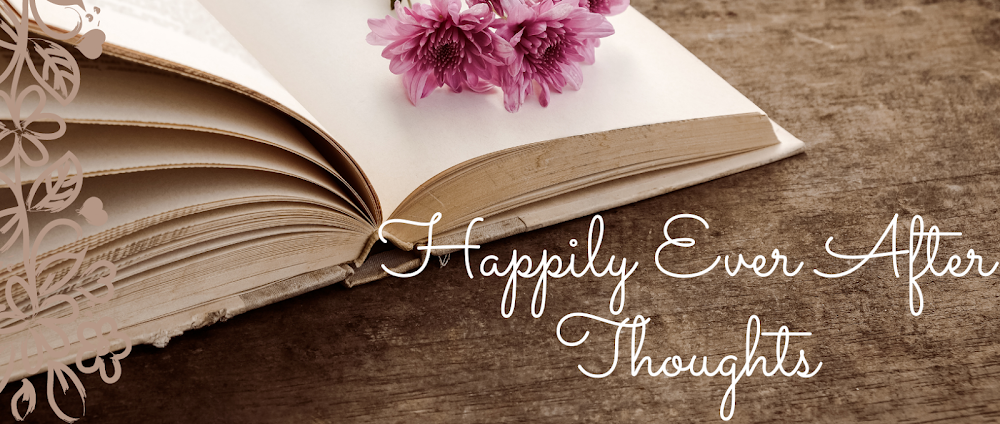Long, long ago when I first decided to try my hand at writing. My motive for doing so was because it would justify buying all those history books. Aside from being a bit of a history lover, I am also a bit of a book slut—I'll read just about anything. So now when my husband asked why I was buying so many books, I'd happily reply “research.” Yeah, right. (Given the lack of a suitable sarcastic font, take that double positive as a negative).
In all fairness, I did write books
using the materials I'd bought and they were published, so I didn't really lie.
But I knew what I was doing when I
did it.
And I still do it.
As an author, I'm often asked
where I get my story ideas. Truthfully, the story fairy has something to do
with it. But it usually starts with a question. In this case, it came down to
what I'd been taught in school versus what a critique partner learned in his
class. It was classic revisionism at work. In the case of the United States
(where I went to school), liberties are taken with the truth to help our
country of many nationalities heal after such things as war.
And the Great War wasn't great in
a good way.
To make matters worse, most folks
think World War Two is the only one that matters, the only one that produced
heroism in the face of unimaginable danger.
The more I read about World War
One, the more I wanted to do something to lengthen the short stick it's
received. Since my time machine is currently broken, the only way to fix the
wrongs and to highlight the best of humanity was to bring the time period alive
through the romance genre. And I started where the war officially began with
Belgium in 1914, when a little nation tried to withstand the might of the
German war machine. While World War Ones most notable legacy is, sadly, World
War Two, the Great War impacted the United States and the world in other ways.
A hundred years later, here are
just a few:
The Belgian people led the way in
passive resistance. From wearing the banned colors of their national flag via
ribbons and flowers, all the way to civil disobedience such as not observing
German time (a forerunner of Daylight Savings time, also a result of WW1) these
folks laid the foundation upon which Gandhi and Martin Luther King would bring
about major social revolutions.
While the United States initially
leaned toward the Central Powers (Germany and her allies), the Germans policy
of sinking nonmilitary vessels soon swung the pendulum toward the Allies. This
gave rise to two things—one being the notion of civilians as noncombatants and
therefore somehow immune to the brutality of war. And second, in the United
States, the anti-German sentiment gave the temperance movement ammunition as
most of the brewmasters were German and hence we enacted that disaster known as
Prohibition.
In the US, protests arose over the
mandatory draft and registration of males of fighting age. Furthermore, the
treason and sedition acts made it a crime to criticize the military or
government, laying a scary foundation for the Patriot Act.
Internment camps were set up in
the US, Canada and the Allied countries to deal with those with ties to the
Central Powers.
Women gained the right to vote for
their part in the War effort. Oddly enough, the only women legislator at the
time was the only person in history to vote against the US entering both World
Wars One and Two.
I would like to say that Shell
Shock (now known as PTSD) received attention, but alas that wasn't the case.
Many with Battle fatigue were executed for cowardice. However, there were
considerable advancements in the field of medicine.
 But it was the last statistic that
compelled me to write romances set during the era: Because of the high casualty
rate, nearly thirty percent of all women from that generation would remain
unmarried because of the lack of men. After reading that, I was determined to
give some of their stories a happy ending.
But it was the last statistic that
compelled me to write romances set during the era: Because of the high casualty
rate, nearly thirty percent of all women from that generation would remain
unmarried because of the lack of men. After reading that, I was determined to
give some of their stories a happy ending.
What about you? Have you ever read
or watched something that you wished you could change to a Happily Ever After
ending?
Linda Andrews
Comment for a chance to win a $5 gift card


Thanks for having me here today ladies.
ReplyDeleteSo glad you could make it. This series sounds wonderful!
DeleteYes, like the Titanic movie
ReplyDeletebn100candg at hotmail dot com
Linda, I think it's great you're bringing attention to WWI as it is overlooked in importance. Do you research other historical eras or is this one just your favorite?
ReplyDeleteHi Dawn,
ReplyDeleteYes, I've researched the late victorian period and the Middle Ages for stories. I'm also looking into the Great Depression and the Dust Bowl for future stories:D I just love history
Looking forward to reading this series!
ReplyDeleteI'm sure I have, but nothing comes to mind right now. :/
ReplyDeleteRW620 AT aol DOT com